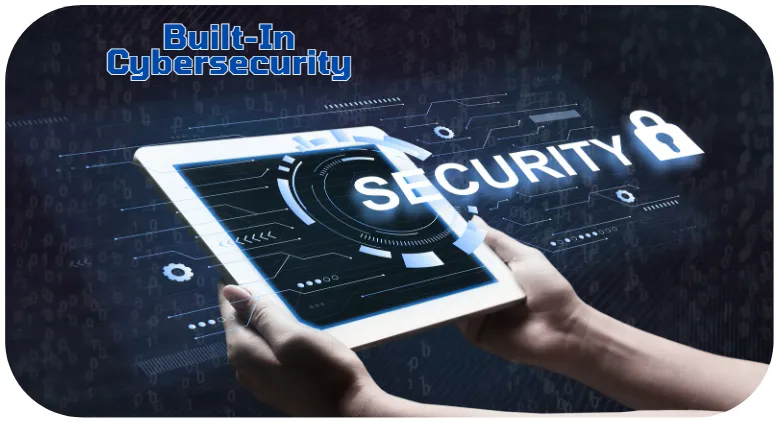
Why Your Small Business CRM Needs Built-In Cybersecurity Now More Than Ever
In today's digital-first world, customer data is one of your small business’s most valuable assets. With rising cyber threats and data breaches making headlines weekly, it’s no longer just large corporations in the crosshairs, small businesses are increasingly becoming prime targets. This makes securing your CRM (Customer Relationship Management) system more than a tech upgrade, it’s a business imperative.
Why Cybersecurity Can’t Be an Afterthought

Cybersecurity is no longer a "nice to have", it's essential. According to a 2024 report by Verizon, 43% of cyberattacks target small businesses, often due to limited defenses. If your CRM system holds sensitive customer information (think contact info, purchase history, payment data), then it's a goldmine for hackers.
A data breach doesn't just mean compromised data. It means:
Loss of customer trust
Potential legal and compliance issues
Financial setbacks, including fines and downtime
CRM Systems Are a Gateway And a Risk

Modern CRM platforms go far beyond storing contact details. They track every interaction across sales, marketing, and customer service. That level of access, if left unprotected, can create multiple entry points for cybercriminals.
Common CRM Vulnerabilities Include:
Weak user authentication
Lack of encryption
Poor third-party app integrations
Infrequent software updates
If your CRM isn’t built with cybersecurity in mind, you may be patching up vulnerabilities after the damage is already done.
Why Built-In Cybersecurity Beats Add-Ons
Many small businesses use plug-ins or external tools for security. While helpful, they often lag behind modern threats or fail to integrate seamlessly with your CRM system.
CRMs with native, built-in security features offer significant advantages:

Real-time threat monitoring: Get alerts before a breach escalates.
Data encryption by default: Keeps sensitive information secure during transit and at rest.
Access control & audit trails: Know who accessed what, and when.
Automatic updates: Stay ahead of emerging threats without manual oversight.
Features to Look for in a Secure CRM

Not all CRMs are built equally. When evaluating your options, look for:
End-to-end encryption
Multi-factor authentication (MFA)
GDPR and CCPA compliance
Role-based access controls
Backup and recovery systems
Security certifications (SOC 2, ISO/IEC 27001)
Cloud-based CRMs are popular, but ensure your provider prioritizes data protection and transparency about how your data is stored and used.
Final Thoughts: Security Is a Growth Strategy
Investing in a CRM with built-in cybersecurity isn’t just about risk mitigation, it’s about business growth. When customers know their data is safe, they’re more likely to trust, engage, and stay loyal.
In 2025 and beyond, data security is customer service. Make sure your CRM reflects that.
